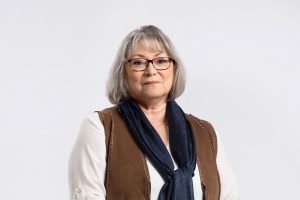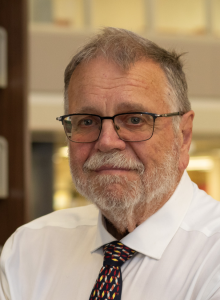There are ten books on the 2024 J.W. Dafoe Book Prize longlist and today we’re going to highlight Jason Bell’s Cracking the Nazi Code: The Untold Story of Canada’s Greatest Spy (HarperCollins Canada).
In public life, Dr. Winthrop Bell of Halifax was a Harvard philosophy professor and wealthy businessman. But as MI6 secret agent A12, he evaded gunfire and shook off pursuers to break open the emerging Nazi conspiracy in 1919 Berlin. His reports, the first warning of the Nazi plot for WWII, went directly to the man known as C, the mysterious founder of MI6. Throughout this, a powerful fascist politician quietly worked to suppress Bell’s alerts. Nevertheless, agent A12’s intelligence sabotaged the Nazis in ways that are only now being revealed.
Bell became a spy once again in the face of WWII. In 1939, he was the first to crack Hitler’s deadliest secret code: the Holocaust. But the führer was a popular politician who said he wanted peace. Could anyone believe Bell’s shocking warning? Fighting an epic intelligence war from Ukraine, Russia and Poland to France, Germany,
Canada and Washington, DC, A12 was the real-life 007, waging a single-handed fight against madmen bent on destroying the world. Without Bell’s astounding courage, the Nazis might just have won the war. Informed by recently declassified documents, Cracking the Nazi Code is the first book to illuminate the astonishing exploits of Winthrop Bell, agent A12.

Jason Bell, PhD, is a professor of philosophy at the University of New Brunswick. He has served as a Fulbright professor in Germany (at Winthrop Bell’s alma mater, the University of Göttingen) and taught at universities in Belgium, the United States and Canada. He was the first scholar to be granted exclusive access to Winthrop Bell’s classified espionage papers. Despite the coincidence of their surname, Jason and Winthrop Bell are not known relations.


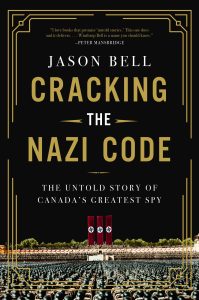
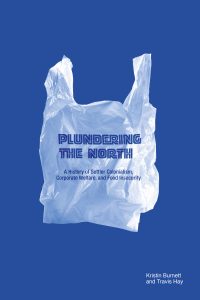
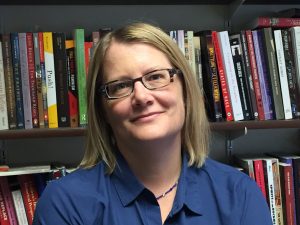 Plundering the North provides fresh insight into Canada’s settler colonial project by re-evaluating northern food policy and laying bare the governmental and corporate processes behind the chronic food insecurity experienced by northern Indigenous communities.
Plundering the North provides fresh insight into Canada’s settler colonial project by re-evaluating northern food policy and laying bare the governmental and corporate processes behind the chronic food insecurity experienced by northern Indigenous communities.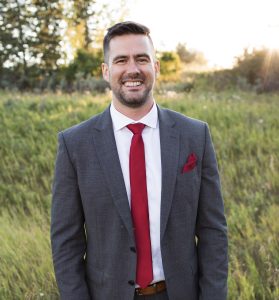 Travis Hay is a historian of Canadian settler colonialism who was born and raised in Thunder Bay, Ontario. He is currently an assistant professor at Mount Royal University, the author of Inventing the Thrifty Gene, and the English Language Book Review Editor of Canadian Journal of Health History.
Travis Hay is a historian of Canadian settler colonialism who was born and raised in Thunder Bay, Ontario. He is currently an assistant professor at Mount Royal University, the author of Inventing the Thrifty Gene, and the English Language Book Review Editor of Canadian Journal of Health History.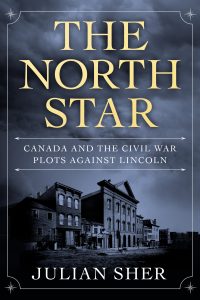
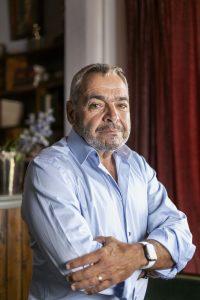 Julian Sher is an award-winning journalist and the author of seven books, including “Until You Are Dead”: The Wrongful Conviction of Steven Truscott and White Hoods: Canada’s Ku Klux Klan. He co-authored two books on biker gangs, The Road to Hell and Angels of Death, and wrote two books on crimes against children, One Child at a Time and Somebody’s Daughter.
Julian Sher is an award-winning journalist and the author of seven books, including “Until You Are Dead”: The Wrongful Conviction of Steven Truscott and White Hoods: Canada’s Ku Klux Klan. He co-authored two books on biker gangs, The Road to Hell and Angels of Death, and wrote two books on crimes against children, One Child at a Time and Somebody’s Daughter.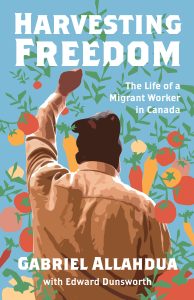
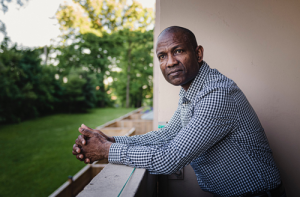
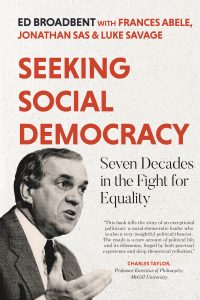
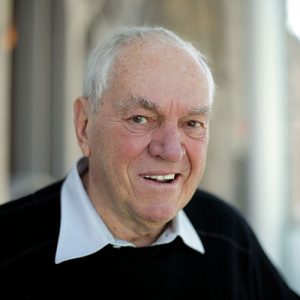
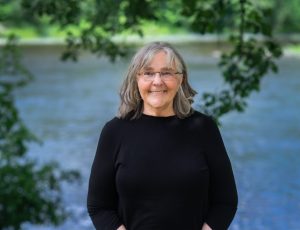 ocratic Inequality: What Went Wrong? and a frequent author of newspaper and magazine opinion articles.
ocratic Inequality: What Went Wrong? and a frequent author of newspaper and magazine opinion articles.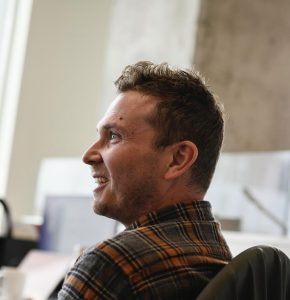
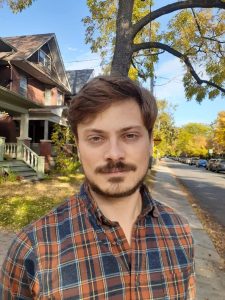
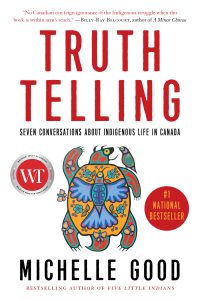
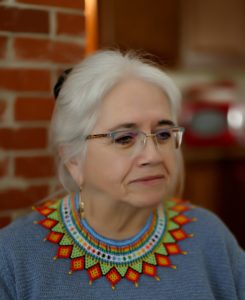
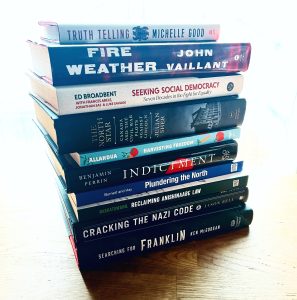
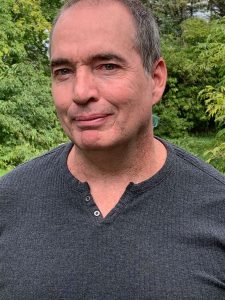 In the meantime, here’s more about our jurors!
In the meantime, here’s more about our jurors!